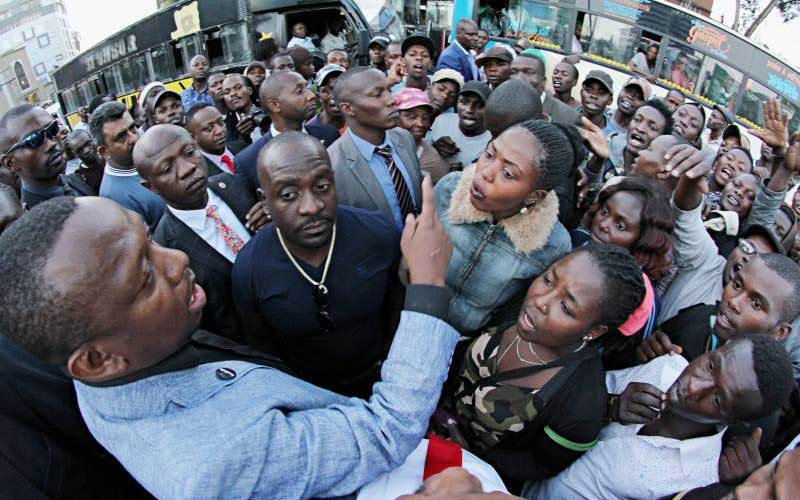
As a metropolitan zone, Nairobi is big in Africa and ranks between number four and seven in population size. Its economic muscle is close to that of Johannesburg in South Africa, Lagos in Nigeria, and Cairo in Egypt. Depending on the occasion and issue, it geo-politically outranks the other three and has the geographical advantage of being next to the Equator.
Boasting the only national park within a metropolitan area in the world, it also enjoys the uniqueness of being a home to United Nations offices, which turns Nairobi into a diplomatic hub that others cannot claim. They also do not have Sonko, whose whole mark is ability to challenge accepted conventions. There is something Donald 'Trumpish' about Sonko.